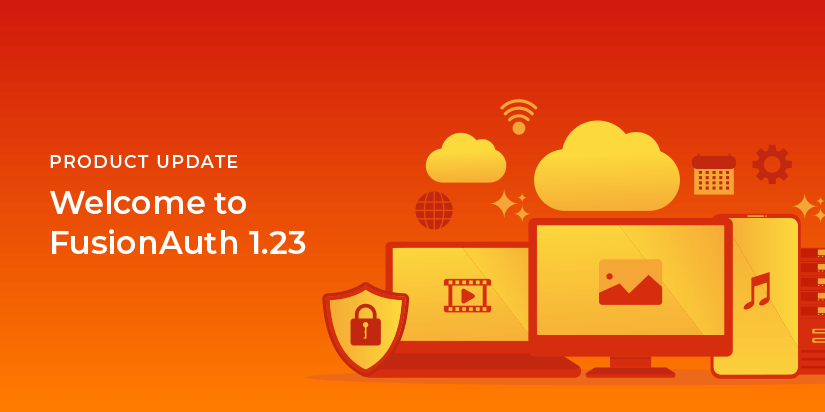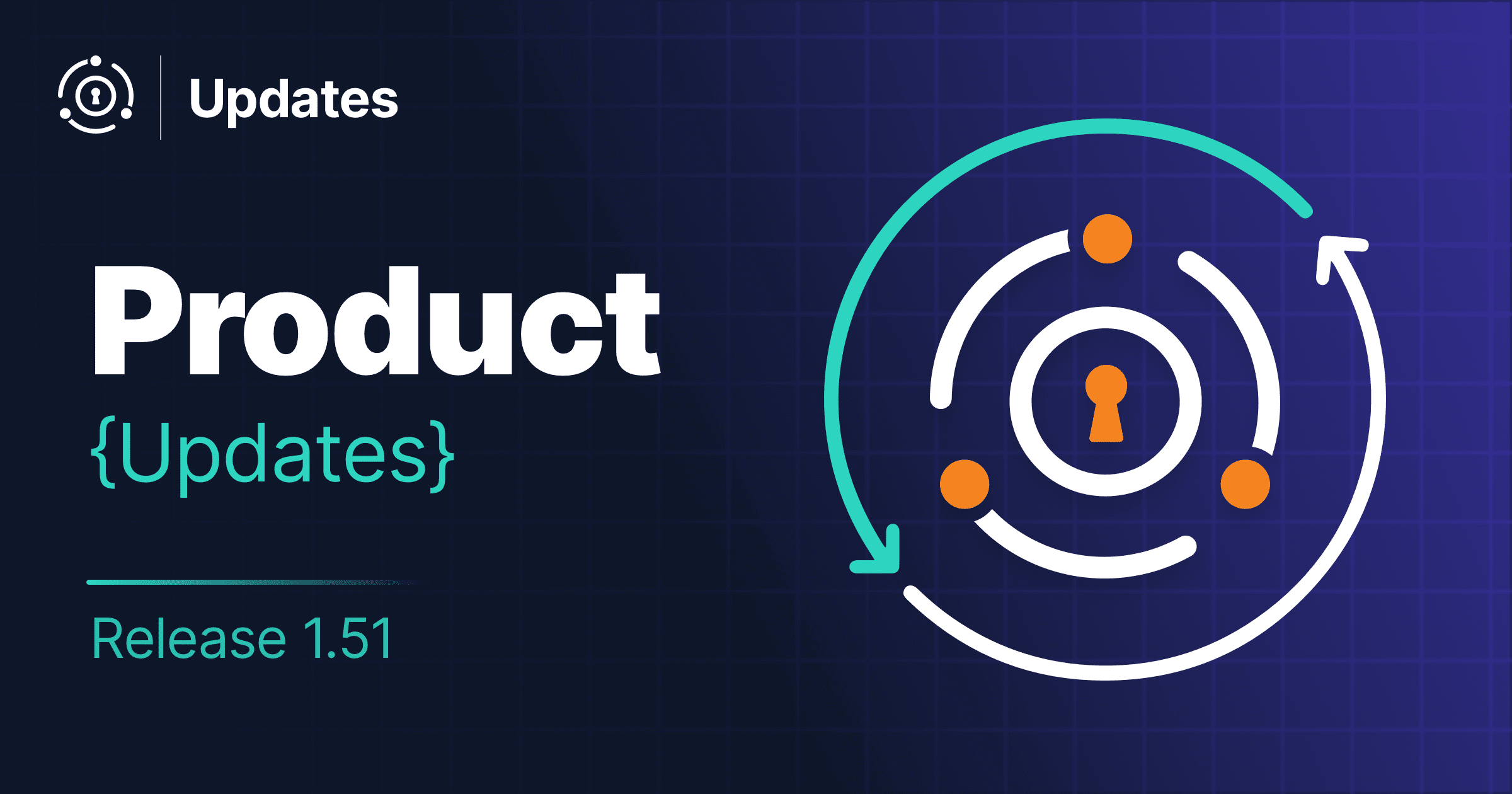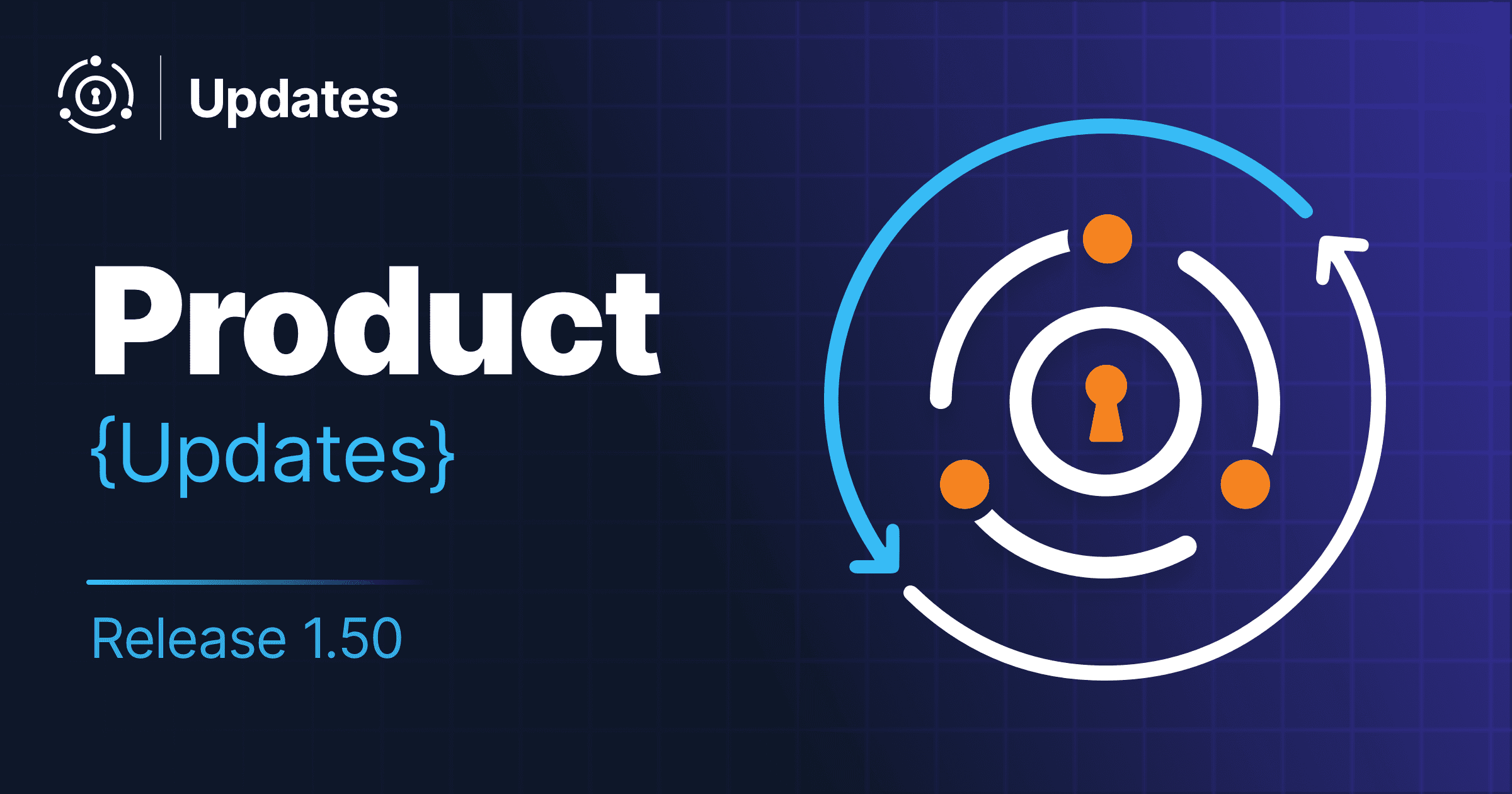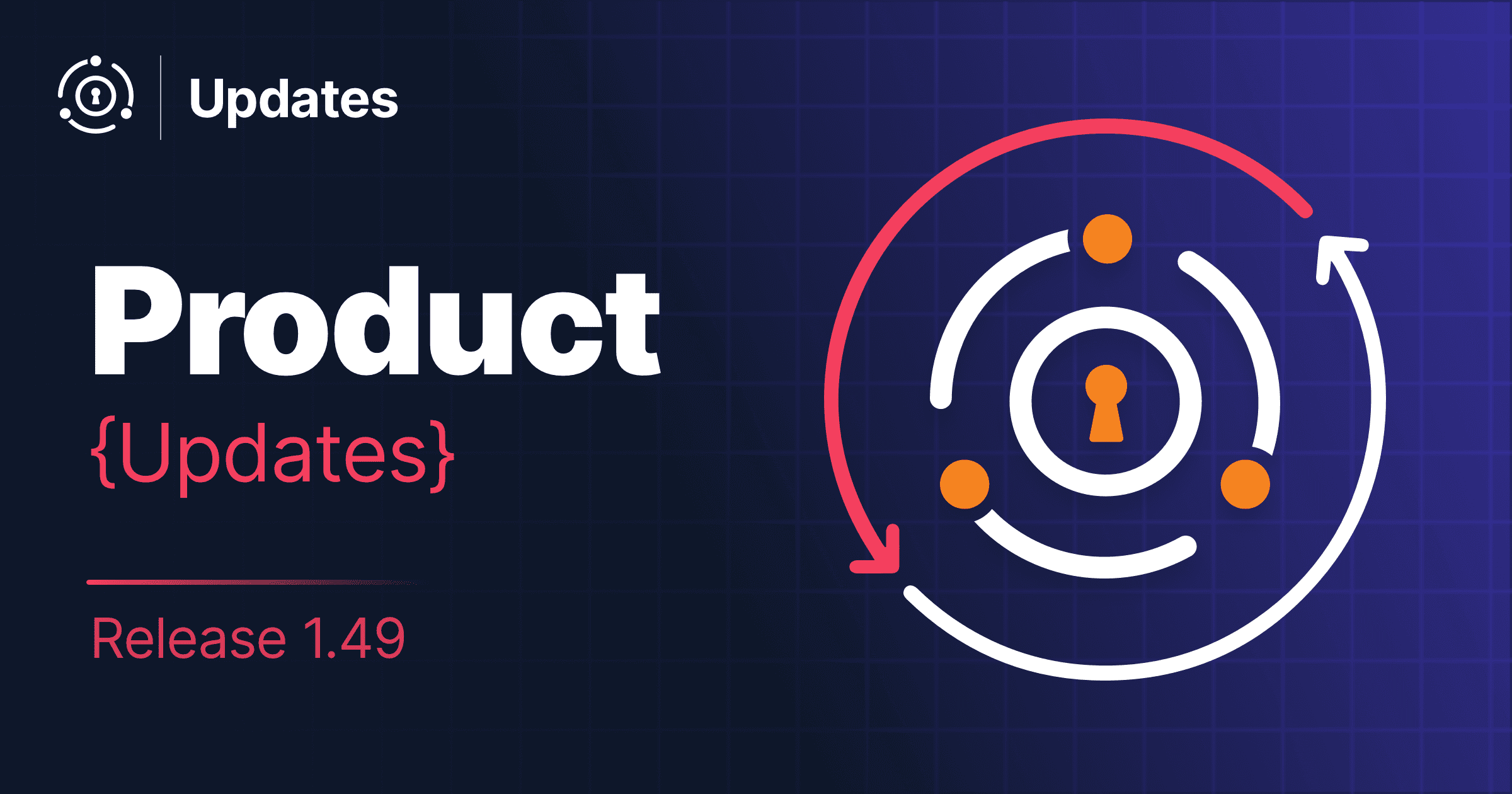We’re excited to announce the release of version 1.23 of FusionAuth. This release shipped on Jan 11, 2021. This version delivers new features as well as resolving issues for users on version 1.22 and older.
Highlights
In addition to some bug fixes, there are a couple of new features worth noting.
Customer support roles
FusionAuth has a number of roles for managing permissions for users. These permissions apply to anyone using the FusionAuth administrative user interface. In 1.23, there are two new roles. The first is the user_support_viewer, which is a strictly read-only role. This role is perfect for new employees learning the FusionAuth admin UI. They can view user information, but can’t make any changes. The second is the user_support_manager role. This role can perform typical user management actions, such as resetting a user’s password or registering them for a new application. However, this role is different from the user_manager role, which existed prior to 1.23, in that holders of this role can’t undertake actions to escalate their privileges, such as changing a user’s email address or roles.
Below, you can see Nelson is logged in to the FusionAuth administrative user interface. He is editing Jian’s account. Nelson has been given the user_support_manager role. The menu options available to Nelson are limited, and he can’t perform any dangerous actions such as changing Jian’s email address.
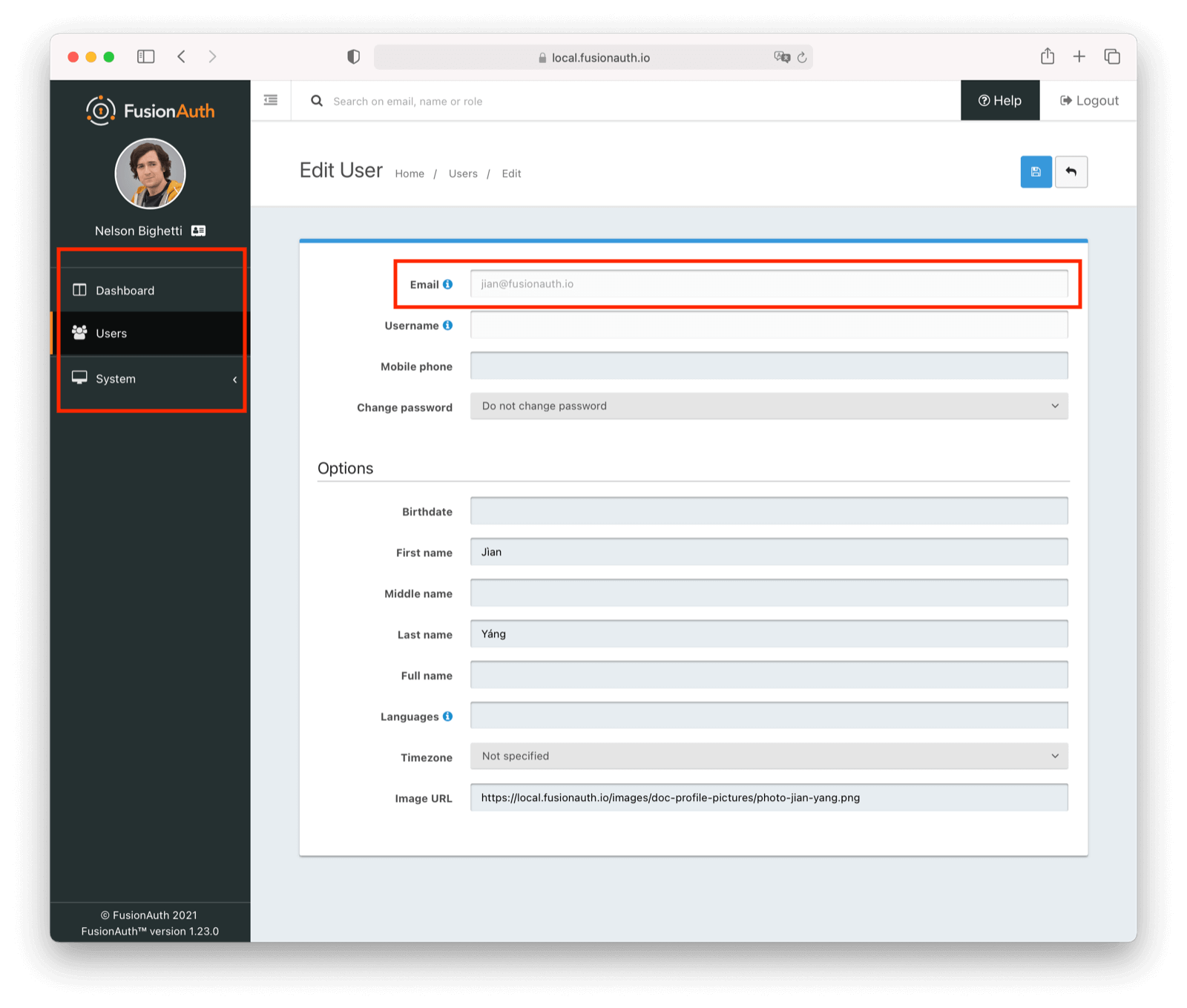
Learn more about this role and the other FusionAuth roles.
Sign in with LinkedIn
This release also includes a new identity provider, LinkedIn. Used by employers and employees around the world, LinkedIn is a social network for professionals. With this release, you can configure your application to offer your users the ability to register or log in with their LinkedIn account. If your application has a professional target audience, doing so will remove one more obstacle from a prospective user signing up.
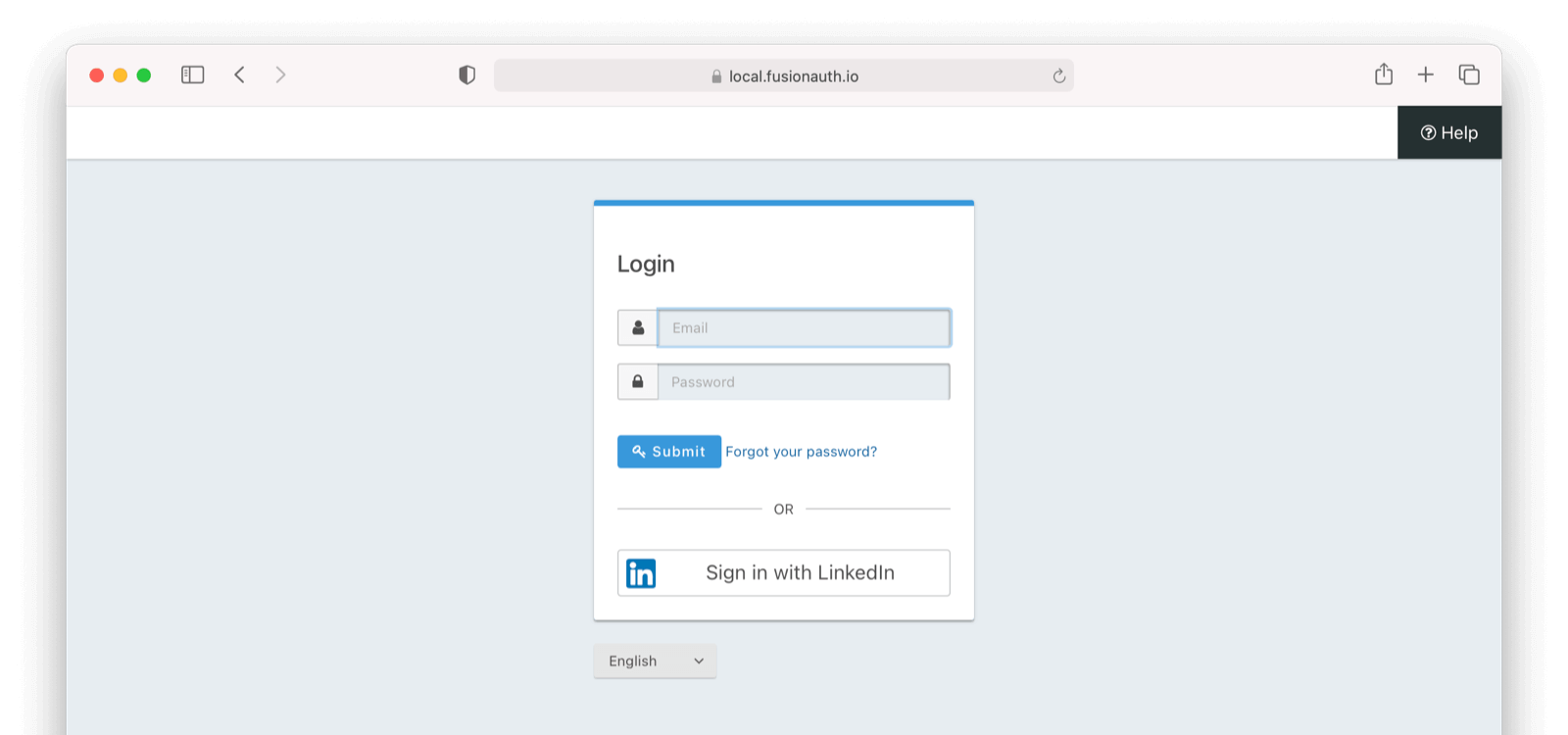
Bugs squashed
In addition to the above improvements, there were ten other bugs squashed and GitHub issues resolved. These included enhancements to the .NET Core client library, SAML signature validation and the IP address displayed for nodes in a FusionAuth cluster. Please see the release notes for the full breakdown of the changes between 1.22 and 1.23.
If you’d like to upgrade your self-hosted FusionAuth instance, see our upgrade guide.
If you have a FusionAuth Cloud deployment, open a support request from your account dashboard and we’ll get your servers upgraded!
Or, if we’ve piqued your interest and you’d like to use FusionAuth, check out your options.


